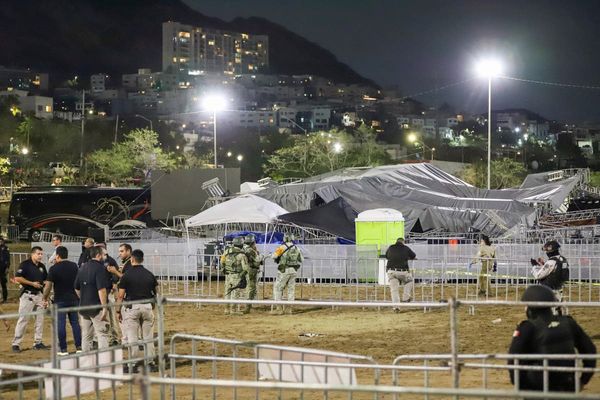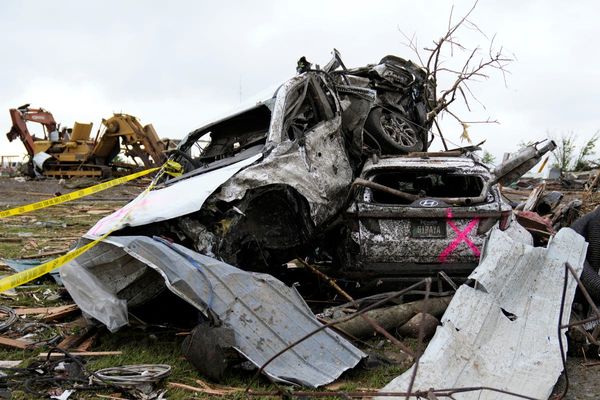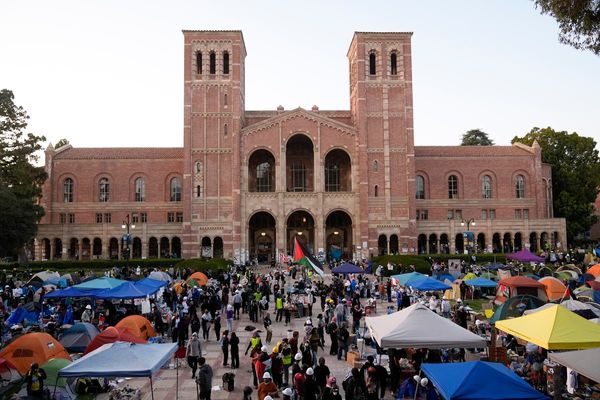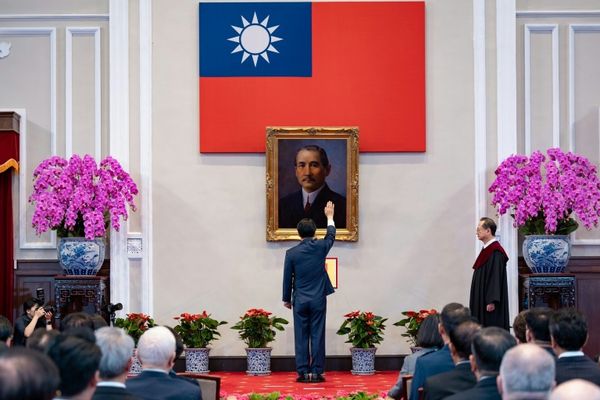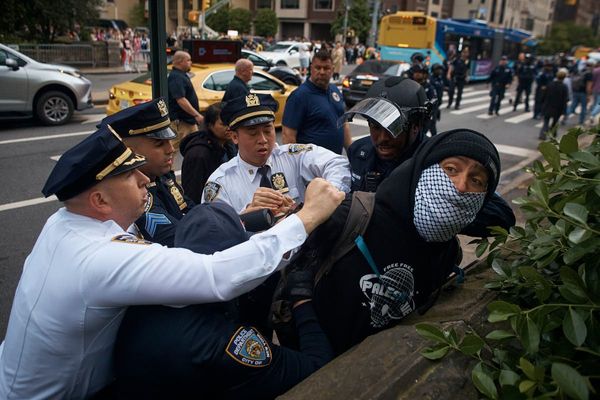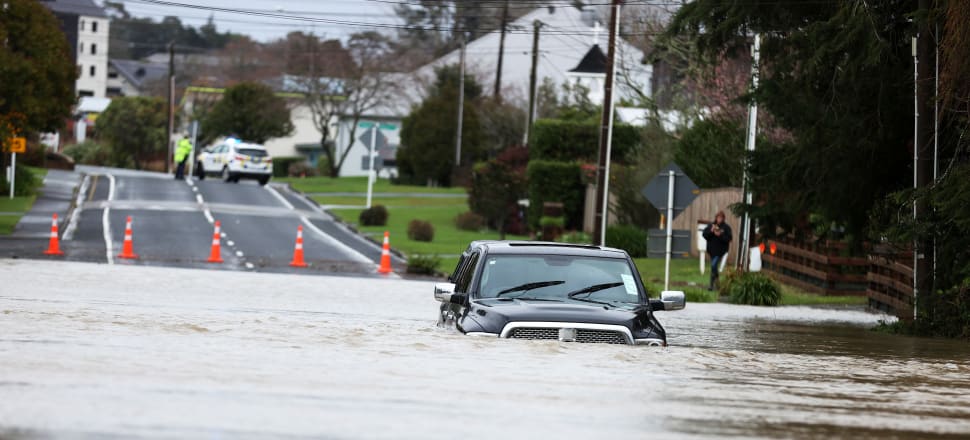
A pair of Civil Defence-funded projects aims at teaching different ethnic communities and their children how to plan for when disaster strikes
Auckland Council has approved a pair of applications focused on getting the diverse ethnic groups of the supercity ready for disasters set to become more frequent and damaging over future decades.
Every year, the National Emergency Management Agency provides funding from a civil defence fund to enhance the ability of different regions to cope with the damaging effects of earthquakes, floods and storms.
This time around, Auckland Emergency Management - the department of Auckland Council that co-ordinates disaster response - received $128,500 for two projects, both of which target migrant communities reported to have lower levels of disaster readiness: a set of children’s storybooks and a business conference aimed at the Chinese business community.
Melanie Hutton, head of resilience at the department, said she was “absolutely delighted” the projects had been picked up.
“At the heart of the proposal is the affirmation of diversity in New Zealand,” she said.
The first project is a set of children’s books about understanding and preparing for storms and floods, printed in Te Reo, Mandarin, Hindi and Samoan.
The books are expected to cost $85,500 and will teach kids between the ages of four and seven to prepare for hazardous events. The application for the project said it intends to work closely with the targeted communities, including their children, while putting the books together.
It’s an approach that mirrors that taken by Te hīkoi a Rūaumoko, a storybook which uses Kahungunu legends and language to teach tamariki what to do in the wake of an earthquake when near the coast.
It’s a way to package the “Long and strong, get gone” message in culturally and age-specific confines in order to reach some of the people the message has previously missed - something the council projects hope to achieve as well.
Hutton said the council was taking the lead from this particular book after seeing its success as an educational resource. “It’s been used by so many groups across New Zealand,” she said. “Now it’s even been translated into simplified Chinese.”
According to Auckland Emergency Management, there have been 56 declared states of emergency for flooding and storms across the country since 2002. The National Disaster Resilience Strategy identified children and young people as disproportionately affected by disasters, saying the effects of disasters can be amplified and have an ongoing effect of their development.
The first print run of the books is expected in May of next year, and they will be distributed by local ethnic and migrant networks via schools, early childhood centres, libraries and health providers.
Hutton said they would be engaged in close consultation with people from these ethnic communities to make sure they get it right, and are hoping to find stories and legends from each to help tell stories of storms and floods.
“We want the stories to be from them,” she said. “We want to look at how people talk about these things in their culture - like the story of Rangi and Papatuanuku here in New Zealand.”
Meanwhile, Civil Defence has also approved $43,000 towards hosting a free emergency disaster preparedness conference for Auckland’s Chinese business community.
Over 10 percent of Auckland’s population identify as Chinese. Council already aims civil defence instructions at them with sites like this, but according to the application for the meeting, it often fails to reach its intended audience - especially among the growing cohort of Chinese small business owners.
“It remains increasingly challenging to engage with this time-poor and hard-to-reach section of Auckland’s business community and often low to nil attendance at business engagement events we offer,” the application lays out.
And reaching them is important. According to the 2021 Colmar Brunton Disaster Preparedness Survey, Asian New Zealanders are some of the least disaster-prepared people in the country, especially Chinese business owners and managers.
This is put down to having few business connections outside of the Chinese business community, language barriers and a lack of understanding of how emergency management works in New Zealand.
Auckland Emergency Management found Chinese business owners are hesitant to engage with the council or other business associations, which may be seen as culturally irrelevant.
The same study found Asian New Zealanders' biggest barriers to being prepared included a lack of knowledge and having less time to spare than other groups. Similar barriers are seen among New Zealanders for whom English is not a first language.
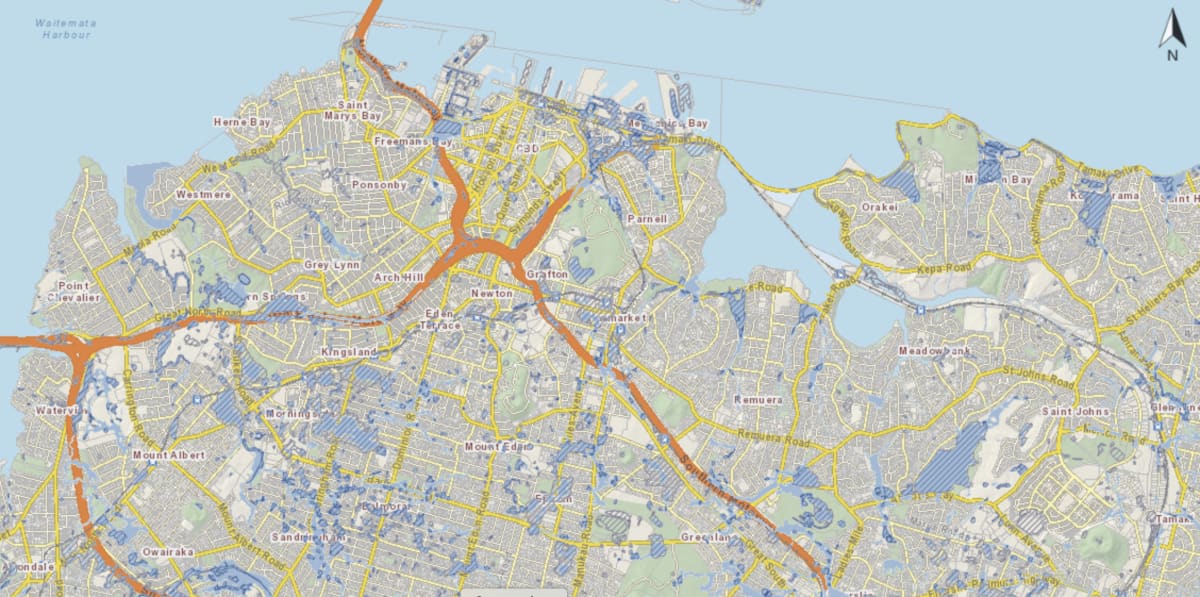
The project hopes to lower some of those barriers and increase trust in the emergency management sector by holding a conference teaching preparedness in linguistically and culturally appropriate ways.
The conference is planned for May of next year, and will be in partnership with SkyKiwi, New Zealand’s most influential Chinese media outlet.
The sessions of the conference will be recorded and shared across social media such as WeChat after the event, which will be opened by Auckland’s mayor - although organisers will have to wait until local body elections in October before they have a name to put on that particular invitation.
All attendees will be given an information pack containing emergency response and business continuity templates guides and templates in English and Mandarin.
The hope is if the conference proves a success, it will become a recurring event which could even be replicated for other ethnic business communities in Auckland.
The two Auckland-based projects are just two of nine that have been approved across the country, all aimed at increasing New Zealand’s resilience when dealt a destructive hand by nature.
Climate change means the frequency and severity of many natural disasters is set to increase over the coming decades.
Areas that rely on rainwater for drinking and pasture are expected to be hit harder by droughts as the 21st Century goes on, while coastal communities can expect to be more vulnerable to flooding and tsunami risk due to rising sea levels.
For Auckland, a city nestled between two seas that sometimes already seem to be jostling for space, water in places where it’s not supposed to be promises to be a more frequent sight.
Hutton said the value of the two projects could see benefits out of Auckland, as if they are successful they could be picked up by other groups around the country.

